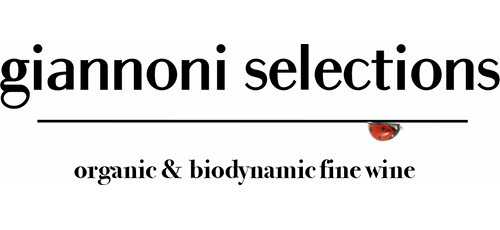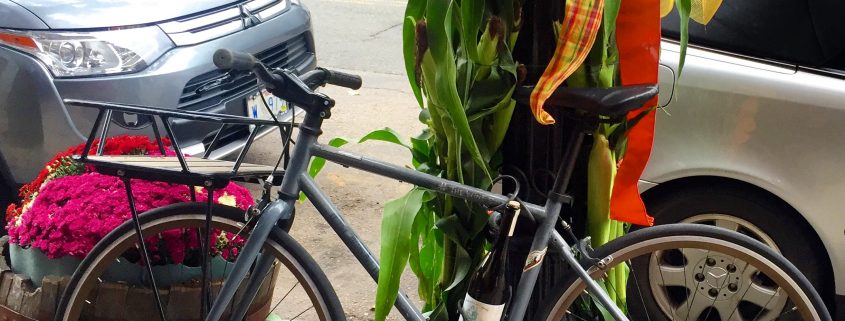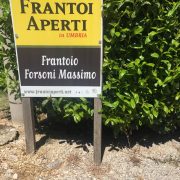Real Talk: #nattywine + importing
Jessica Sennett is a former colleague and founder of the Cheese Grotto, an acclaimed solution to cheese storage. She has specialized in cheese making and cheese retail for eleven years and has worked at many notable cheese shops including Cowgirl Creamery, Formaggio Kitchen and Bedford Cheese Shop in addition to apprenticing in France and Washington. She makes her own cheese and is also well-versed in tasting, educating, and cooking with cheese.
Jessica: Can you recount that AHA! moment you had that made you fall in love with Natural Wine?
When I took over as wine buyer in 2009, I became a natural wine warrior, essentially eliminating conventional wine at Formaggio Kitchen by curating a selection composed of nearly 75% no-sulfur-added wines. Looking back this approach was probably far too extreme, and in fact, I ended up alienating many customers in doing so. But it wasn’t until I left my wine buying role behind at FK and moved to Friuli, Italy to live at Az. Agr. i Clivi, a certified organic winery in Colli Orientali, that I began to understand more. My “aha” moment surrounding natural wine has been an ongoing process of questioning all of the reasons why I supported natural wine in the first place. Seeing viticulture and winemaking firsthand over the course of four years in many ways gives me pause on this subject. Natural wine has sort of become a cliche. And for some it is means to an end: an adult beverage through which one can feel young and hip, perhaps not all that different from the #roseallday lifestyle. Back when I was curating that selection of natural wine in Cambridge, I believed that wine was conventional if it didn’t have any flaws; if it didn’t stink a little, or have some streak of “realness” that I couldn’t identify, it was a homogenous product.
I’m afraid that many natural wine imbibers currently share this view: if a wine doesn’t stink, it isn’t REAL. I no longer agree with applying such strict binary oppositions to wine: REAL or CONVENTIONAL.
Don’t get me wrong; I admire the exuberance and the imperfection of many minimal-intervention wines out there, not the mention the people who make them. But I do believe, and I think I speak for many of the folks that exhibit their wines at shows like Vin Natur, Vini Veri, Raw Fair, and Brumaire, the goal of the producer is not for their wines to stink of dead mouse or poop. I genuinely believe that most growers know that they could be doing better when their wines have those defects. Whether the hashtaggers of #nattywine understand this, I’m not sure. But I’m thrilled to see that the conversation surrounding wine is alive and well and that’s what matters in the end.
Jessica: Do you currently split your time between Massachusetts and Italy? If so, how can I join  ?
?
Jessica: How many wine producers are you currently working with?
Gemma: Eighteen producers / just shy of 100 wines.

Jessica: What is your mission for company? Is it to get every American drinking sustainable wines?
Gemma: Beyond spreading the word about sustainable, eco-friendly wines, my mission very simply is to engage with producers and customers authentically. I’m never going to be that importer who just moves cases. Handcrafted wine is the medium through which I try to relate to people, about many topics that extend far beyond what I’m pouring in their glass. It also goes back to the question of hospitality and nourishment – of not only the body through a wholesome (or integral) product, one that is organic – but sustenance of the soul, making a place for wines and people that require more explanation. This is the point. We all want to be understood, including those of us with longer, more complicated stories.
So going back to wine, Giannoni Selections tends to focus on lesser-known grape varieties (Ribolla Gialla, Ruchè, Timorasso, Verduzzo, Pascale di Cagliari) and organic/biodynamic growers that work with a hands-on, minimal-intervention approach. It’s very likely that this is not the best business model. But if success means shifting my focus to selling wines that don’t require conversation – those are easy to sell – I’d rather do something else.
Jessica: How can people identify natural wine in their local wine shop? It is very elusive when it comes to labels. What do you think the solution is for this?
Gemma: Organic and biodynamic wines sometimes bear certification on their labels. Demeter, Ecocert, ICEA, AgriBio, etc. However, I think it’s probably more important to have a good relationship with your wine merchant but even more, try to get to know importers or producers themselves if possible. Importers and producers love to connect with customers. Travel, taste, ask questions and repeat.
Jessica: What are your favorite American Natural Wine shops?
Gemma: At this point this is a more difficult question because I’ve been living in Italy for a while now and usually I’m only in Boston or NYC when I’m Stateside…That said, I’d say The Wine Bottega, Eataly Boston, Chambers St. Wines, Thirst Wine Merchants, and Discovery Wines.
Jessica: Imagine your ideal cheese board. What natural wines would you pair with?
Gemma: My ideal cheese board consists of mostly goat and sheep cheeses, think Loire Valley, Basque, Piedmont, Sardinia, Spain, Portugal. In my opinion, white wine is a much more natural pairing with cheese in general because for me big, red wines interfere with the more subtle flavors of the cheese. So I turn to white wines (sparkling and still, mostly dry) with good acidity, so Loire Valley whites, Erbaluce, Ribolla Gialla, grower Champagne, Verduzzo. As for specifics, what am I drinking right now with cheese? 2016 i Clivi Verduzzo and Friulano continue to blow my mind, Daniele Ricci Timorasso “San Leto,” and Nathalie Falmet Champagne.
Photos courtesy of Gemma Iannoni.





